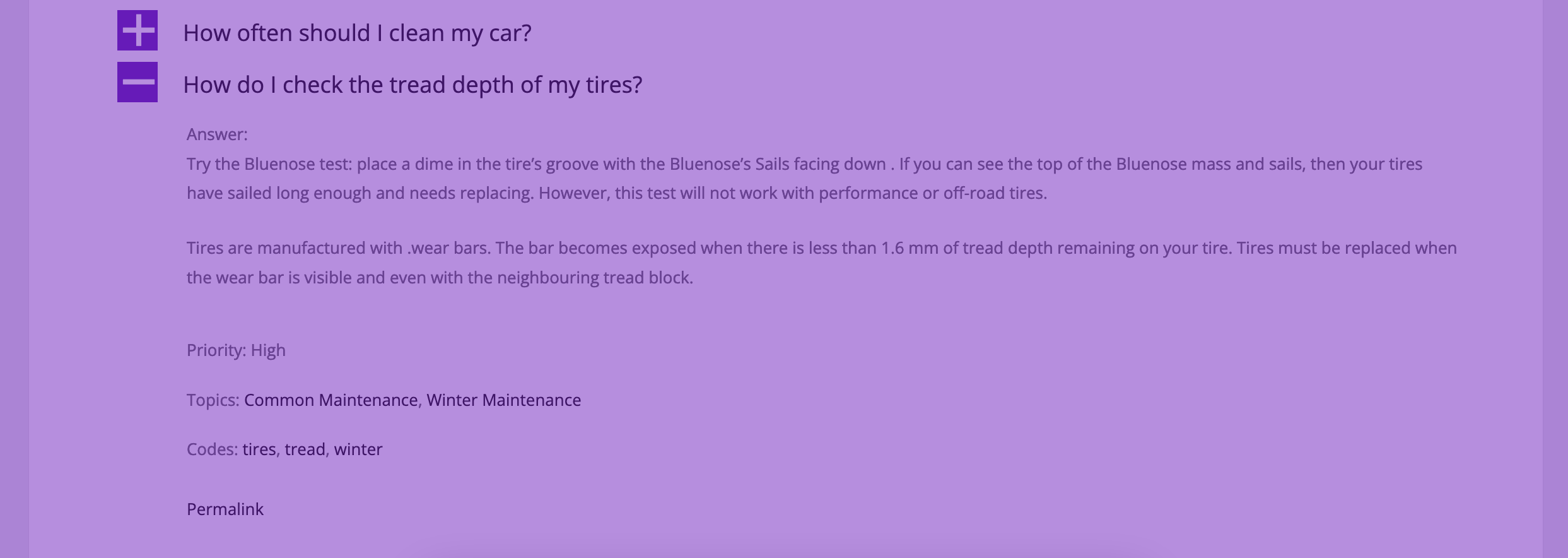Links are the foundation of affiliate marketing, but did you know posting those links comes with legal responsibilities? To protect consumers, many countries now have laws governing the promotion of content and transparency. This is where affiliate link disclosures come in. This practice enables you to link to affiliate sites with a simple, clear statement that protects both you and the consumer.
What do I write?
To craft your statement, use the “4ps” as outlined by the FTC:
Prominence
Can the consumer find it? Is it readable? The FTC’s suggestion that: “Clear and conspicuous” is a performance standard, not a font size, is important to note. Hiding your disclosure in 6 point font will be considered deceptive.
Placement and Proximity
Your disclosure must be easy for visitors to see and read and should be in a place where the consumer is likely to look. This can be tough if you don’t want to affect the flow of your post. Many affiliates solve this problem by posting their disclosure at the top and/or bottom of each post or in a sidebar. Remember readers shouldn’t have to do any extra work in order to see the disclosure and that includes clicking on a link to another page.
Presentation
Forget the legalese and use plain, clear language. People are generally very reasonable when it comes to being compensated. Most people using WordPress run e-commerce sites, blogs, develop plugins and themes – so they understand and respect your need to earn an income.
A simple, preliminary disclosure such as this one used by BobWP on his homepage is disarming and clear:
“Please note that links on this site may be affiliate links. By clicking on them you don’t pay any more and I make a few bucks.”
He backs this up with an honest and clear full disclosure that actually serves to boost his credibility as a result of his straightforward approach.
When in doubt, shout it out
What about YouTube? Amazon book links? LinkedIn posts? Other social platforms? Paid Reviews? If you find yourself wondering whether a disclosure is necessary it’s best to be proactive and post your disclosure statement. Keep in mind if you’ve been paid -this includes links to products that are not your own, post sponsorships, paid WordPress product reviews for plugins, themes etc. – you should always disclose.
A disclosure can be a strong selling point
Two driving forces in successful e-commerce today are honesty and personality. Your link disclosure can actually work to inject both into your content. The key is to disclose with confidence and if you are so inclined, humor.
“This plugin saved me so much time and aggravation, I have no problem recommending it (or using my affiliate link, hey thanks for the beer money).”
 Still game to work your affiliate marketing magic?
Still game to work your affiliate marketing magic?
If you are already an affiliate for our WP plugins, thanks for being part of our team. If you’re interested in recommending our highly rated products please visit our affiliate page.









